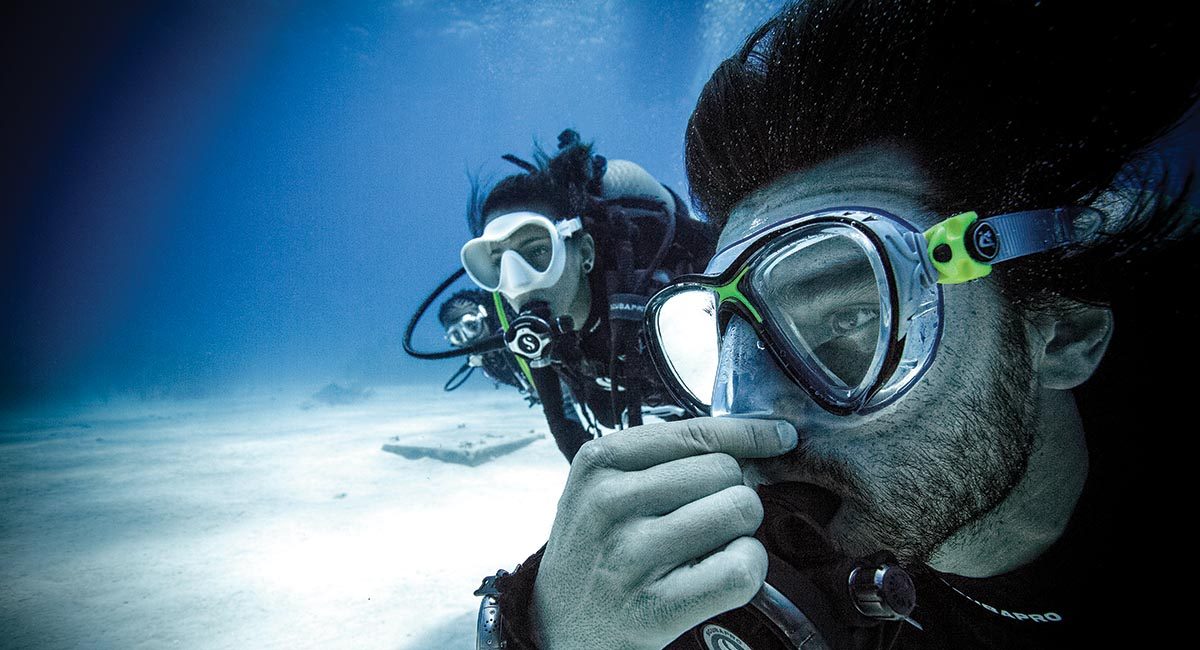On the topic of antihistamines, I never liked taking them before diving because they sometimes made me feel a bit lightheaded after a descent. I found that when I was having congestion problems related to allergies, straight saline nasal spray worked better but I had to use it for a day or two prior. If you are having trouble clearing, pushing harder only makes it worse and you'll take yourself out of diving for at least a day by trying too hard. I did a dive with a few friends, one was having problems on the descent with a new CCR so I went back to the surface with him, went back down and through a crunchy tight part of the cave with lots of ups and downs, going fast to try to catch up with the other two divers. I got down to where the big passage begins, I could see their lights, but I just could not descend the additional 20 feet no matter what I did, totally locked up!




